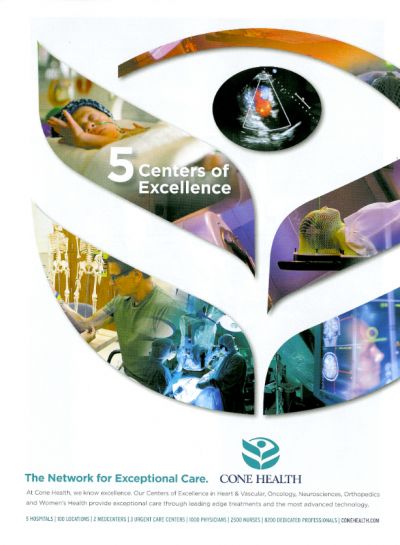Home » Posts tagged 'seafood'
Tag Archives: seafood
Seafood vs. Red Meat: Which Is Better for Your Health?
When it comes to our diets, the choices we make can feel overwhelming. Two staples that often take center stage are seafood and red meat. Both have their devoted fans, but how do they stack up against each other in terms of health? Are you getting enough nutrients from one over the other? As we dive into this culinary showdown, we’ll explore not just what’s on your plate but also what these proteins bring to the table for your overall well-being. So whether you’re a seafood lover or a red meat enthusiast, let’s unravel the nutritional mysteries behind these two powerhouse food groups.
Nutritional Value of Seafood and Red Meat
Crabs and fish are often hailed for their high-quality protein and low-calorie content. Rich in omega-3 fatty acids, it supports heart health and cognitive function. Fish like salmon and sardines are particularly beneficial, providing essential nutrients while being lower in saturated fat compared to many types of meat. Red meat offers a different nutritional profile. It’s an excellent source of iron, zinc, and B vitamins, which are vital for energy production and immune support. However, the type of red meat matters. Lean cuts can be healthier options than processed varieties.
Health Benefits of Seafood
Seafood is packed with nutrients that support overall health. Rich in omega-3 fatty acids, fish like salmon and mackerel can lower the risk of heart disease. These healthy fats also promote brain function, potentially reducing cognitive decline as we age. The high protein content found in seafood helps build and repair tissues. It’s an excellent option for those looking to maintain muscle mass while enjoying a lighter meal. Moreover, seafood offers essential vitamins and minerals such as vitamin D, B12, iodine, and selenium. These nutrients are crucial for maintaining energy levels and supporting thyroid function. Regular consumption may enhance mood too. Some studies suggest that omega-3s play a role in alleviating symptoms of depression and anxiety.
Health Risks of Red Meat

Red meat has been a staple in many diets around the world. However, concerns about its health implications have been rising. Studies suggest that high consumption may be linked to various health issues. These include heart disease, certain cancers, and type 2 diabetes. The saturated fat found in red meat can contribute to increased cholesterol levels. Processed meats pose additional risks. Items like bacon and sausages often contain preservatives such as nitrates, which have been associated with cancer risk. Cooking methods also play a role. Grilling or charring red meat can produce harmful compounds that may further elevate health risks.
Environmental Impact of Seafood and Red Meat Production
Seafood and red meat production carry distinct environmental footprints. Seafood, while often perceived as a more sustainable option, can still lead to significant ecological issues. Overfishing depletes marine populations and disrupts ecosystems. Unsustainable fishing practices harm coral reefs and other vital habitats. On the other hand, red meat has a hefty impact due to land use and greenhouse gas emissions. Cattle farming requires vast amounts of water and feed, contributing to deforestation in some regions. The methane produced by livestock is particularly concerning, as it significantly contributes to climate change.
Sustainable Choices When Consuming Seafood and Red Meat

Making sustainable choices can significantly impact our health and the planet. When it comes to seafood, opt for products certified by organizations like the Marine Stewardship Council. These ensure that fishing practices are environmentally friendly. For red meat, consider sourcing from local farms that prioritize the humane treatment of animals and sustainable farming methods. Grass-fed beef often has a smaller carbon footprint compared to conventional practices. Look out for seasonal selections as well. Eating fish in season ensures you’re supporting populations at healthy levels while enjoying fresher flavors.
Maintaining a balanced diet is crucial for overall health and well-being. Incorporating a variety of foods ensures that you receive the necessary nutrients your body needs to function optimally. Both seafood and red meat can play significant roles in this balance, each offering unique benefits. Seafood provides essential omega-3 fatty acids, which are vital for heart health and cognitive function. It’s also packed with high-quality protein and important vitamins like B12. On the other hand, red meat is rich in iron, zinc, and vitamin B6 – all of which contribute to energy levels and immune support.…


